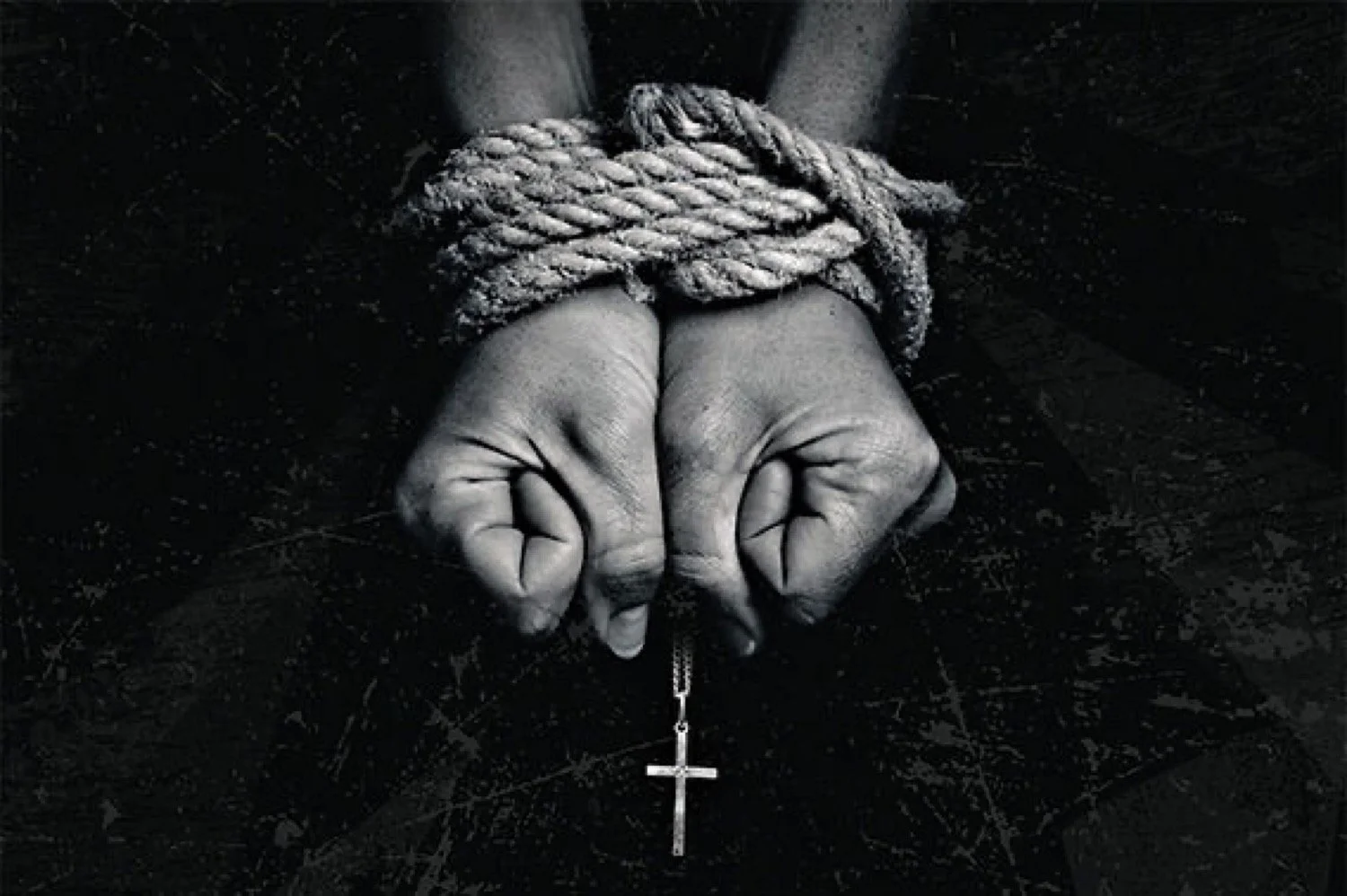Readings for today: Matthew 19, Mark 10:1-31, Luke 16:1-18:30
I’ve often marveled at the patience of Jesus. Our questions must seem so silly to Him at times. Our concerns so insignificant in the grand scheme of things. He must shake His head at the way we respond to conflict, interruptions, or those in need. He must grieve at the multitude of ways we try to find loopholes in His Law. His heart must ache when all we seem to want is the absolute minimum when it comes to salvation. Especially when He has so much more in store for us! We are so like the Pharisees and the first disciples. We are no different than those who followed Jesus in those early days. We are selfish and self-absorbed. We are far more caught up in “getting” something from God rather than “giving” our lives to Him. At a fundamental level, we believe we are good people. We believe we deserve God’s attention. We believe we have done enough to earn God’s favor and love. How much better if we were simply like the tax collector. Slumped in the shadows. Faces in our hands. Never daring to gaze heavenward. Praying a very simple, very ancient prayer, God be merciful to me, a sinner. (Luke 18:13)
In our readings for today, we see all sorts of different people approaching Jesus asking all the wrong questions. The Pharisees want to know under what conditions a man can divorce his wife. The better question would be how can a man reconcile with his wife when their relationship seems irretrievably broken? The disciples try to shoo away children who are coming to Jesus for a blessing. A better response would be to pause in their journey and lovingly welcome each and every one of them into His presence. A rich young man asks what he must do to gain eternal life. He seeks to accumulate eternal riches like he has his earthly ones. Jesus sees right through him and challenges him to exchange his “transactional” life for a life of utter dependence on God. Over and over again, their questions betray how little they understand God’s Kingdom and the same is true for us as well.
Jesus challenges us to shift our perspective. To lift our eyes above the horizons of this world, above the horizons of this life, above what we think is reasonable or rational to the impossible possibilities God offers to those who authentically and honestly seek His Kingdom. His Kingdom is not of this world. His Kingdom doesn’t run on earthly power. His Kingdom has no need of earthly resources. The values of His Kingdom often seem incomprehensible to us and yet when we begin to align our lives along them, we find incredible freedom, irrepressible joy, and a peace that passes all understanding. Can you imagine how your life would be different if you asked Jesus for the strength to reconcile rather than a way out of a conflicted relationship? Imagine if you welcomed interruptions from little children or those of little earthly significance in your life? Imagine trusting God so fully and completely that earthly possessions had no hold on you? How do we get from here to there? We simply pray the prayer of the lowly tax collector. God, have mercy on me, a sinner. Pray those words over and over again until you believe them about yourself. Only then will you find yourself living in the boundless horizons of God’s Kingdom.
Readings for tomorrow: Matthew 20, Mark 10:32-52, Luke 18:31-19:27





